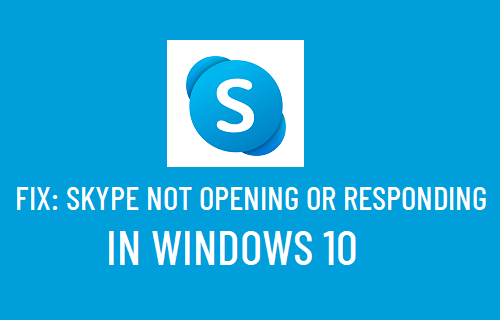

The tipping point for Skype was when people started inviting their friends to use the service. An app with well-executed strategy can easily fully utilise the network effect and become big in very short time. Operators are also geographically limited due to infrastructure and legislation issues, while apps are not. This very inflexibility of the operators has made it a fruitful market for startups to come and disrupt. I would argue that they have already missed the boat, and are now only a distribution channel that carries the customers to the market with increasingly lower margins. Now that the industry is evolving towards 4G, which is IP based, operators will eventually be forced to VoIP. Until now, operators have until now been living on old business models and not been fast enough to adapt to the lightning fast speed of change in the consumer markets.

Startups, on the other hand, have the advantage of speed - even if they fail, they fail quickly. By the time they have a product ready, the market is already saturated.Īll operators will be pushed towards IP-based networks The incumbent telecoms firms have repeatedly failed to understand the phenomenon of network effect, choosing instead to spend years and billions of dollars on research and development. If nobody were on Skype, the innovation wouldn't matter. The real power of Skype's business – along with Viber and the rest of the wave of VoIP and messaging apps – is the value of the network effect, of millions of users creating a peer-to-peer network.


 0 kommentar(er)
0 kommentar(er)
